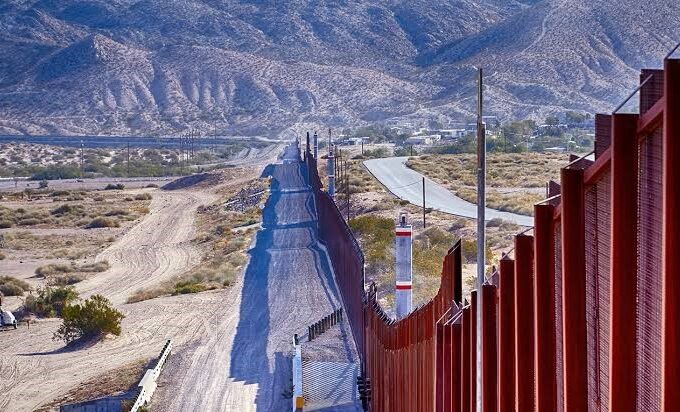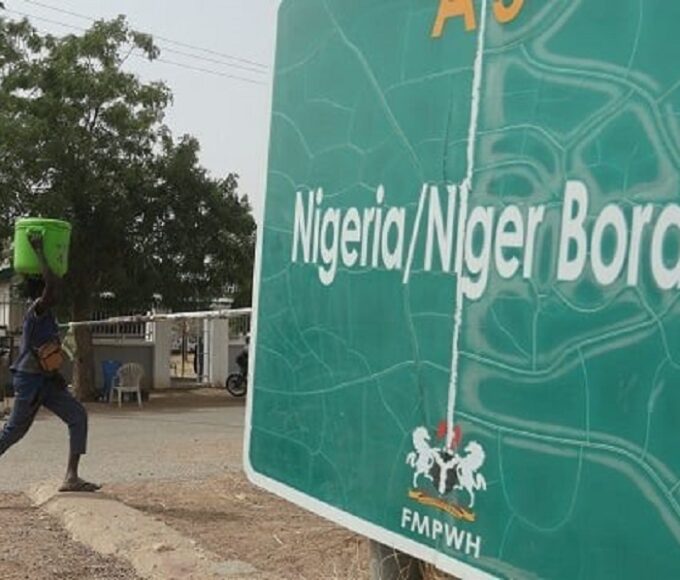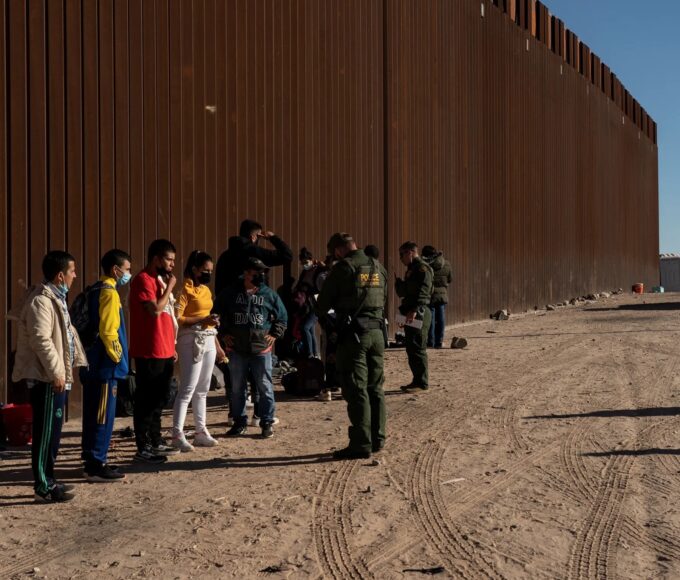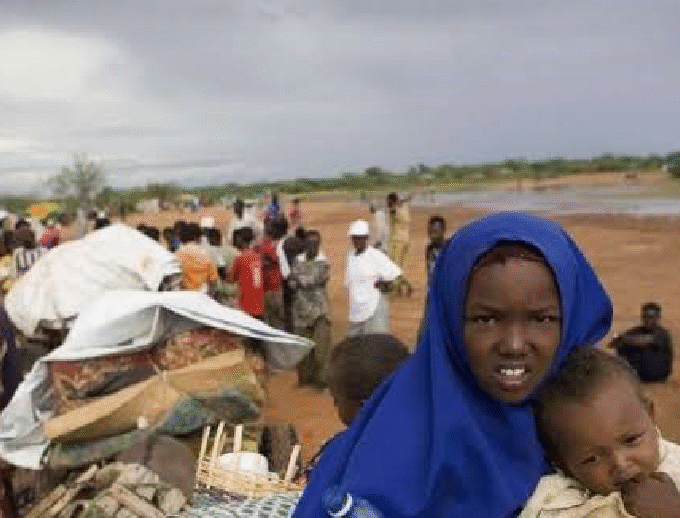Harmonising Border Policies in the African Continental Free Trade Era
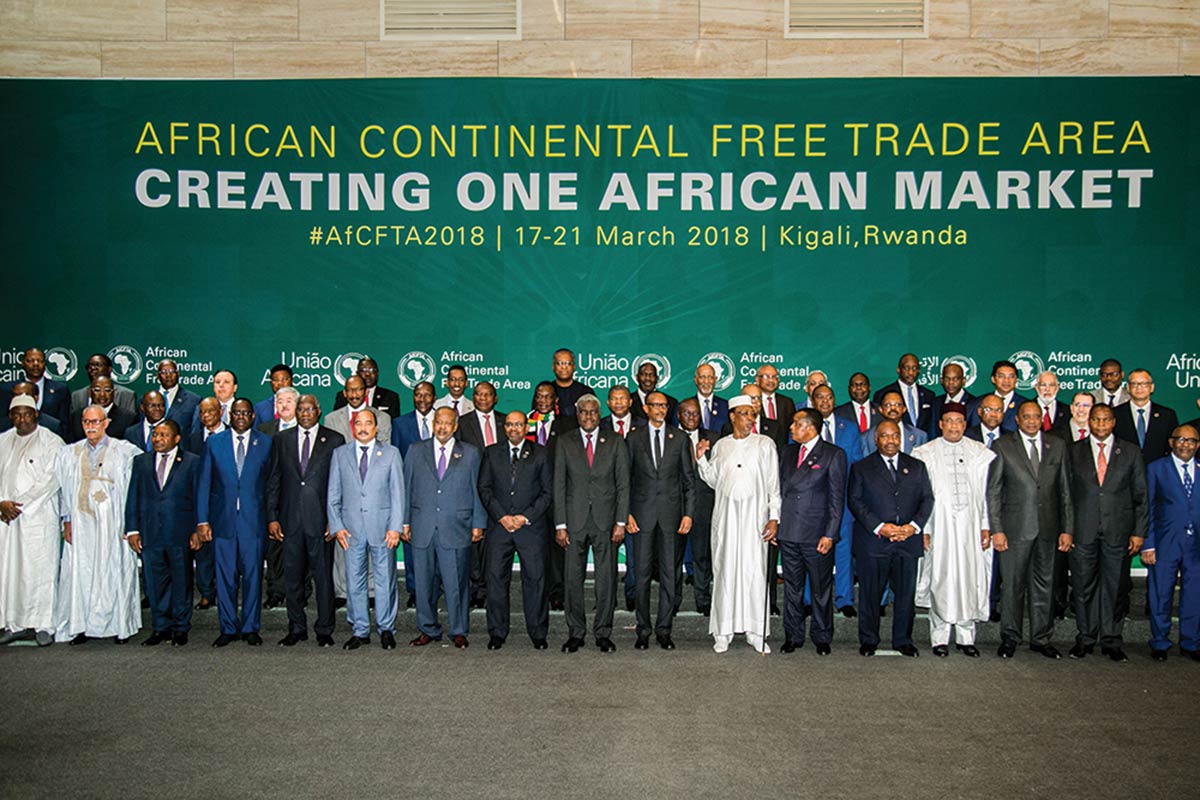
When African leaders signed the African Continental Free Trade Area (AfCFTA) agreement in Kigali in 2018, they set in motion the most ambitious economic integration project since the founding of the African Union. With 54 of 55 countries signing on, the AfCFTA promises to create a single market for goods and services, covering over 1.4 billion people and a combined GDP of $3.4 trillion. Yet while tariffs and trade regulations dominate the headlines, a less glamorous but equally decisive battlefield lies at the continent’s frontiers: the harmonisation of border security policies.
Without synchronised border frameworks, free trade cannot thrive. Trucks will still idle for days at customs posts, security officers will continue to interpret rules differently, and smugglers will exploit loopholes faster than legitimate traders can adapt. In this sense, harmonising border policies is not simply a matter of administrative alignment—it is a test of Africa’s political will to balance economic openness with national security imperatives.
The Border Conundrum
African borders remain some of the most complex in the world, a legacy of colonial cartography that sliced through ethnic, linguistic, and cultural ties. Today, more than 80% of African borders are porous and poorly monitored, with checkpoints often underfunded and staffed by multiple overlapping agencies. The AfCFTA envisions seamless trade corridors, but the reality is that a truck carrying tomatoes from Ghana to Nigeria must still endure multiple checkpoints, divergent customs codes, and inconsistent sanitary standards.
This fragmented landscape is more than an economic inconvenience. Weak and inconsistent border policies are also a security liability. Arms traffickers, counterfeiters, and insurgent groups like al-Shabaab, Boko Haram, and Islamic State affiliates exploit porous borders to move fighters and materials across states. Thus, harmonisation is not simply about easing tariffs—it is about ensuring that the opening of markets does not translate into the opening of new vulnerabilities.
Steps Towards Harmonisation
Some progress is already underway. Regional economic communities (RECs) like ECOWAS, SADC, and the EAC have been piloting frameworks for freer movement of goods and people. ECOWAS’s Protocol on Free Movement has, despite uneven enforcement, created precedents for visa-free travel and simplified customs procedures within West Africa.
The African Union’s Border Programme (AUBP) has also emphasised cooperation on demarcation, joint patrols, and intelligence sharing. The AfCFTA Secretariat in Accra is pushing member states to align customs codes, digitalise clearance systems, and standardise tariffs. Kenya and Rwanda’s adoption of electronic single-window systems has significantly reduced cargo clearance times at Mombasa and Dar es Salaam ports, offering replicable models.
Equally important is the rollout of biometric identification systems across Africa, which are beginning to streamline cross-border movement and reduce reliance on paper-based, corruption-prone verification. When harmonised across states, such tools could dramatically improve both trade efficiency and border security.
Security Risks of Trade Liberalisation
While harmonisation promises efficiency, the risks are real. As borders open, the potential for illicit trade—from arms to counterfeit pharmaceuticals—also expands. Countries with weaker border enforcement risk becoming gateways for contraband into stronger markets.
The refugee crisis adds another dimension. Conflict in Sudan, the Sahel, and the Horn of Africa has pushed millions across borders, creating dilemmas for border forces already stretched thin. The challenge lies in distinguishing between legitimate asylum seekers and potential security threats, a task complicated by inconsistent vetting protocols across states.
Moreover, many governments remain reluctant to fully harmonise border policy because it implies ceding sovereignty. Border control has always been tied to national identity and political authority. For states still struggling with internal fragility, pooling border sovereignty under AfCFTA frameworks feels politically risky.
Technology as a Bridge
Digitalisation offers one of the most promising bridges between sovereignty and integration. Shared platforms for customs clearance, joint border surveillance using drones, and real-time intelligence exchanges could allow countries to retain control while cooperating more efficiently. The Smart Borders initiative piloted in East Africa has shown that technology can reduce bottlenecks without undermining state authority.
Partnerships with the private sector and international donors are also crucial. The World Bank, the African Development Bank (AfDB), and the EU are already funding trade facilitation and border modernisation projects across the continent. But without political buy-in from national capitals, these tools risk becoming fragmented pilot projects rather than system-wide solutions.
The Road Ahead
Harmonising border policies under the AfCFTA is less a technical task than a political negotiation. It requires member states to balance three competing imperatives: economic growth, national security, and sovereignty. Progress will likely be uneven. Some corridors—like the Northern Corridor in East Africa or the Abidjan–Lagos corridor in West Africa—will pioneer integration, while others will lag behind.
Yet the direction of travel is clear. If Africa is serious about creating a continental market, border harmonisation cannot be optional—it must be a central plank of AfCFTA’s implementation. Without it, the dream of an integrated African economy will remain trapped in boardrooms and summits, rather than realised in the bustling trade posts and borderlands that define the continent’s daily commerce.
The AfCFTA represents a historic leap towards African unity, but the hard work lies at the continent’s borders. Harmonisation is not just about aligning paperwork; it is about reimagining borders as gateways rather than choke points. It is about ensuring that traders, refugees, and border officers all operate under predictable, secure, and transparent rules. And it is about proving that integration can strengthen—not weaken—national security.
The stakes are high. Get it right, and Africa will unleash one of the largest single markets in the world. Get it wrong, and porous, misaligned borders will continue to choke opportunity while fuelling insecurity. The AfCFTA’s future, in many ways, will be written at the border.
- AfCFTA and National Sovereignty
- AfCFTA Border Harmonisation
- AfCFTA Implementation Challenges
- African Continental Free Trade Area Security
- Biometric Systems for Border Security
- Customs Integration under AfCFTA
- Porous Borders and Economic Integration
- Regional Trade Corridors Africa
- Smart Borders Technology Africa
- Trade Liberalisation and Border Control Africa
King Richard Igimoh, Group Editor ALO
King Richard Igimoh, Group Editor African Leadership Organisation is an award-winning journalist, editor, and publisher with over two decades of expertise in political, defence, and international affairs reporting. As Group Editor of the African Leadership Organisation—publishers of African Leadership Magazine, African Defence & Security Magazine, and Africa Projects Magazine—he delivers incisive coverage that amplifies Africa’s voice in global security, policy, and leadership discourse. He provides frontline editorial coverage of high-profile international events, including the ALM Persons of the Year, the African Summit, and the African Business and Leadership Awards (ABLA) in London, as well as the International Forum for African and Caribbean Leadership (IFAL) in New York City during the United Nations General Assembly.
Recent Posts
Categories
- Air & Aerospace17
- Border Security15
- Civil Security6
- Civil Wars4
- Crisis5
- Cyber Security8
- Defense24
- Diplomacy19
- Entrepreneurship1
- Events5
- Global Security Watch6
- Industry8
- Land & Army9
- Leadership & Training5
- Military Aviation7
- Military History27
- Military Speeches1
- More1
- Naval & Maritime9
- Policies1
- Resources2
- Security12
- Special Forces2
- Systems And Technology9
- Tech6
- Uncategorized6
- UNSC1
- Veterans7
- Women in Defence9
Related Articles
THE CASE FOR CONTINENTAL BORDER SECURITY STANDARDS
Africa’s borders remain both an opportunity and a liability. They enable trade,...
ByKing Richard Igimoh, Group Editor ALODecember 27, 2025BORDER SECURITY – LESSONS FROM ECOWAS BORDER MANAGEMENT STRATEGIES
Since its founding in 1975, the Economic Community of West African States...
ByKing Richard Igimoh, Group Editor ALONovember 21, 2025COMMUNITY INTELLIGENCE AT BORDERS: SUCCESSES AND FAILURES
Border security increasingly relies on community intelligence the collection and use of...
ByKing Richard Igimoh, Group Editor ALOOctober 6, 2025REFUGEE MOVEMENTS AND BORDER FORCE DILEMMAS
In today’s world of conflict, climate change, and widening economic divides, refugee...
ByKing Richard Igimoh, Group Editor ALOSeptember 24, 2025










